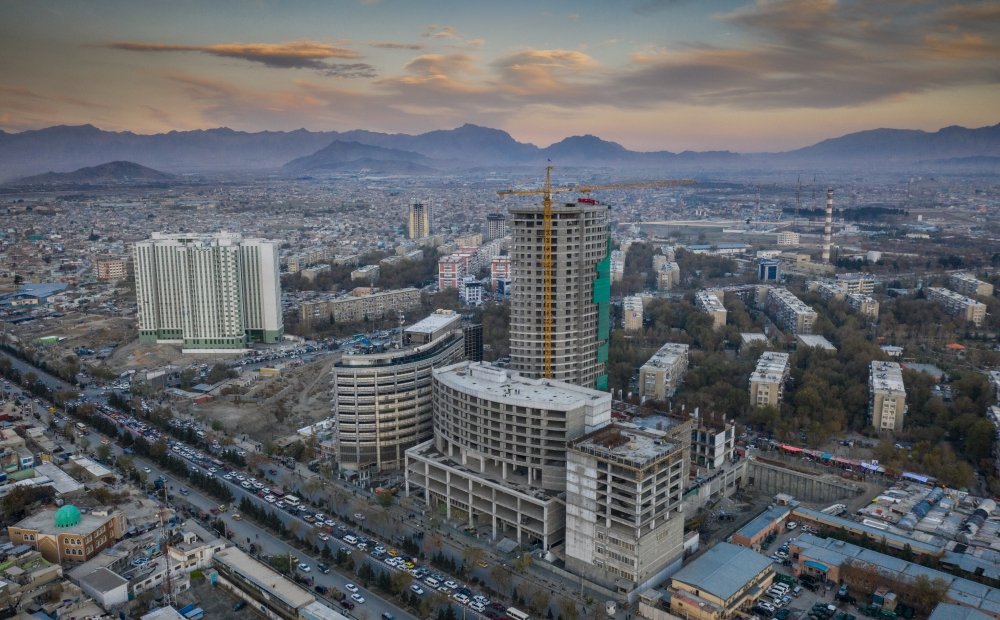What's Next? Perspectives From Afghan Civil Society

On October 1, 2009, the Middle East Program of the Woodrow Wilson Center, together with the Institute for Inclusive Security of the Hunt Alternatives Fund, hosted a panel discussion with Mary Akrami, Afghan Women Skills Development Center; Orzala Ashraf, Humanitarian Assistance for the Women and Children of Afghanistan; and Palwasha Hassan, International Center for Human Rights and Democratic Development. The meeting was moderated by Carla Koppell, director of the Institute for Inclusive Security.
Hassan discussed political reconstruction in Afghanistan while focusing on women’s participation in the elections and state-building process. She attributed the progress made thus far in rebuilding Afghan society to efforts by Afghani men and women and interlocking international support. She stated that various achievements, though seemingly small, aid tremendously in the long-term development of Afghan society and towards democracy; “small things matter,” she said, “especially in the logistics of the process.” For example, a legislative clause appended to the Constitution not only increased men’s and women’s rights, but also extended civic duties and candidacy for elective office at all state and provincial levels. Hassan believes gains have been made in four areas: women’s rights and participation, the election process, education, and state-building. She conceded, however, that “there is still much work to be done,” adding that the solution is much more complex than Afghani policymakers and US analysts perceive.
Akrami devoted her presentation to the recent achievements of Afghan society, which she said doesn’t get enough attention in the US media. She did this, in part, by sharing her own life story: through her trials and tribulations as an Afghani refugee in Pakistan and as a woman in the Middle East, to her ultimate success as Afghanistan’s youngest female civil society leader. The main objective of her organization is promoting women’s rights, establishing safe-houses for women at risk, and incorporating women into civil society from “top to bottom.” Akrami insisted that these goals can be achieved by working with the religious establishment and launching a grassroots campaign driven heavily by female recruitment and participation – both unprecedented moves in Afghan society. Akrami said the international push for human and women’s rights need to be dealt with in “practical ways,” not just by talking about them.
Ashraf started off by describing the efforts by the international community in raising awareness of human and women’s rights issues in Afghanistan and the rest of the world. According to Ashraf, many Afghanis were bewildered with the US presence in their country and even more so about their withdrawal when the situation deteriorated; moreover, that all this was in efforts to catch one man – Osama bin Laden. She focused on the situation on the ground in Afghanistan and how it is represented by the people, not just by the various NGOs and international organizations; the Afghans as members of civil society and as human and women’s rights advocates who have collaborated to do what they’ve achieved thus far. She also stated that Afghanis have done much groundwork in initiating legal and cultural reforms; for which, she believes, Westerners at times are given the credit for. She admitted that a “perfect” rule of law is not yet in place – admitting that corruption does exist in Afghan government. Ashraf stressed, however, that we need to support the Afghanis in the process to rebuild their society. She foresees a strong presence of men and especially women in civil society within the next eight years. The women’s movement has long been in place in Afghanistan, it just “needs more support.”
Drafted by Nader Mehran on behalf of the Middle East Program
Hosted By

Middle East Program
The Wilson Center’s Middle East Program serves as a crucial resource for the policymaking community and beyond, providing analyses and research that helps inform US foreign policymaking, stimulates public debate, and expands knowledge about issues in the wider Middle East and North Africa (MENA) region. Read more
